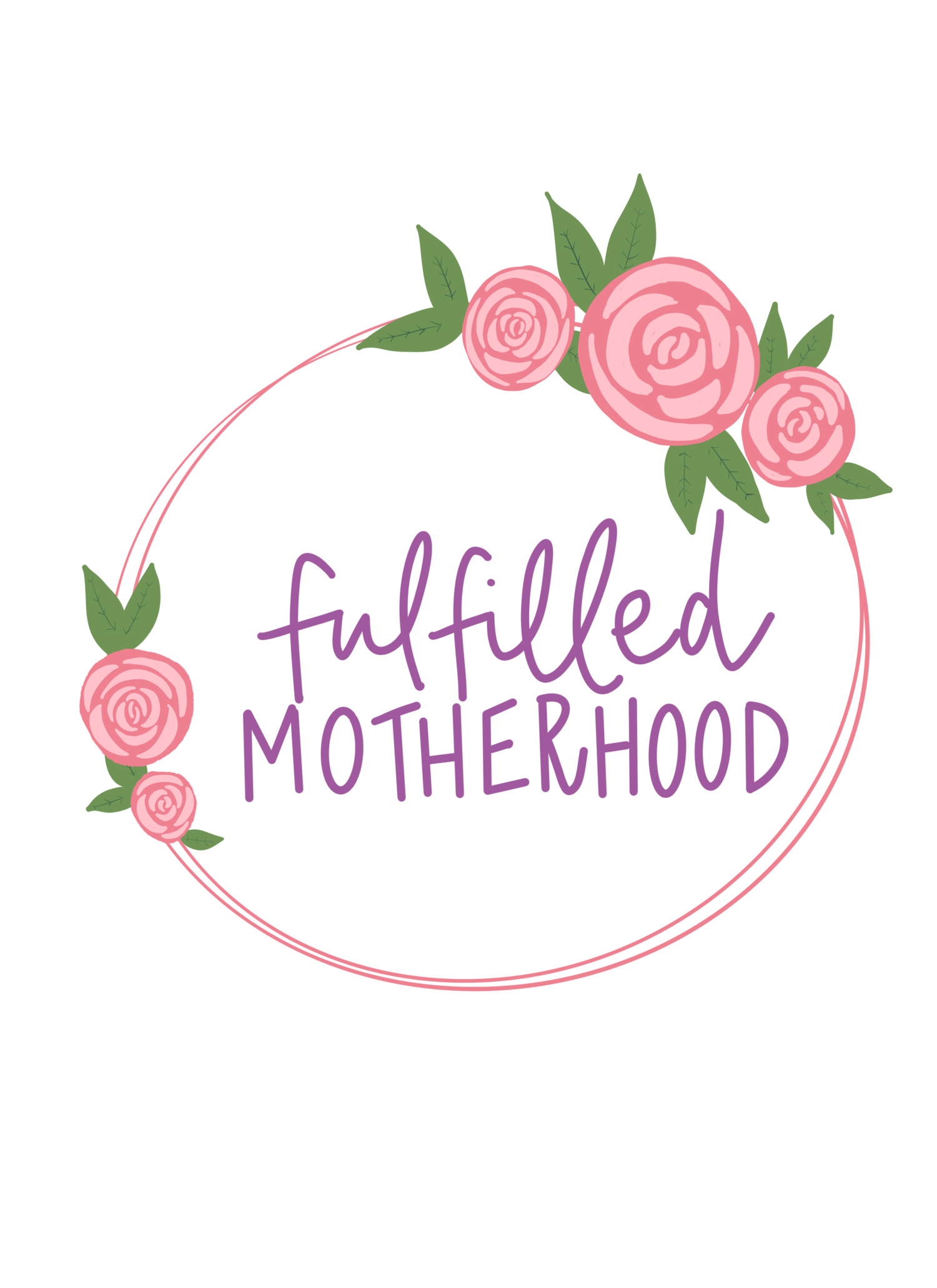Baby Blues and Postpartum Depression: How to Tell the Difference
Those first few weeks and months after coming home from the hospital can feel like a blur. It can be hard to remember what happened within the last few hours, let alone the last week. Oftentimes during this blur, the first signs of postpartum depression can be missed. Other times even when you notice them and bring them up to your doctor you can be met with the statement; "That is just the baby blues".
The difference between the baby blues and postpartum depression is often overlooked. People will tell you that it's normal to feel sad, it's normal to feel tired and it's normal to feel overwhelmed. While some of this is normal, often women who are experiencing postpartum depression and could benefit from help are told what they are feeling is normal. Today, I want to share with you the differences so you can decide for yourself. Is it the baby blues or is it something more?
Baby Blues
The baby blues are common within the first few days after birth, peak at around one week and taper off by the end of the second week postpartum. The majority of women experience baby blues after birth due to the changes in hormones, lack of sleep, and the change of adjusting to a new baby at home.
Common symptoms include:
Feeling tearful
Feeling overwhelmed
Feeling emotionally fragile
Feeling fatigued
While the baby blues can be difficult and make it hard to get through the day, women experiencing the baby blues are still able to care for themselves and care for their baby.
Postpartum Depression
Postpartum depression can start at any time within the first year postpartum. Postpartum depression is more severe than the baby blues, can last beyond two weeks postpartum and can drastically interfere with your ability to complete daily tasks, care for your baby and care for yourself.
Common symptoms include:
Feeling down, depressed or hopeless
Feeling disconnected from your baby, your spouse and even yourself
Having thoughts of harming yourself or your baby
Feeling sad and tearful
Feeling numb
Feeling guilty or worthless
Questioning your decision to become a mother
Have difficulty sleeping or the opposite, sleeping too much
Have difficulty eating or the opposite, eating too much
If you or your partner are experiencing symptoms of postpartum depression, there is hope. With help, you can heal from this. You can bond with your baby. You can experience joy and fulfillment in life again. We would love to help. At Fulfilled Motherhood Counseling, we offer individual and group counseling designed specifically for women who are pregnant and postpartum. Contact us today and we would love to help.
